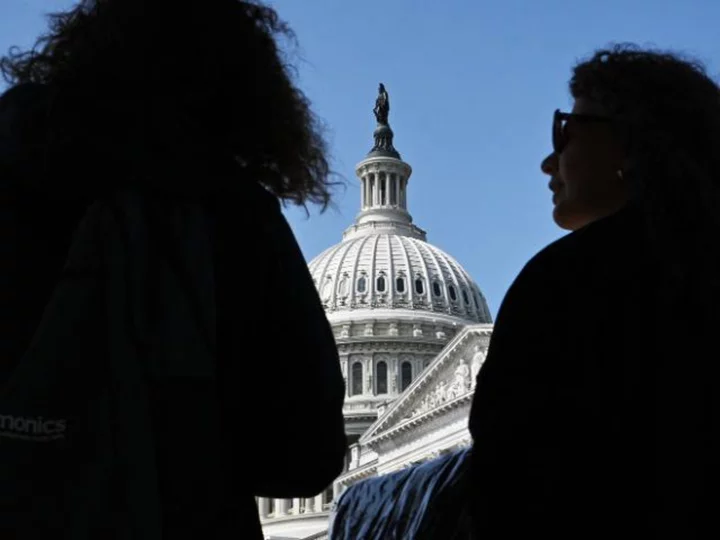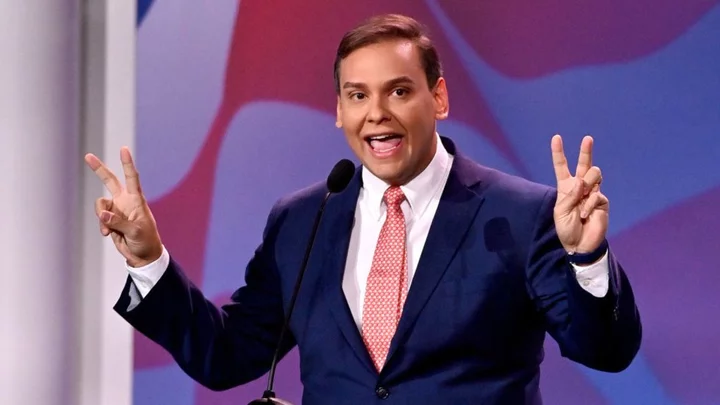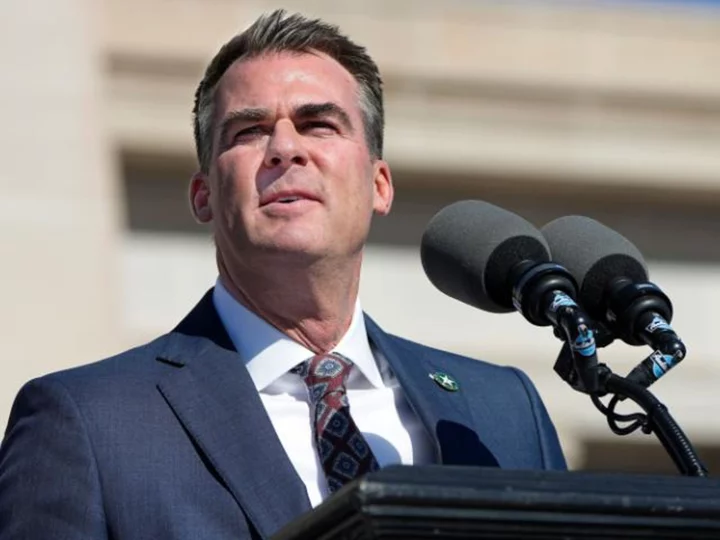There are signs that negotiations over raising the nation's debt limit are gaining momentum, but major differences remain and it's unclear how quickly an agreement could come together. Time is running short as the risk of a first-ever default grows.
For now, White House and House GOP negotiators have yet to arrive at a consensus a number of contentious issues. One of the most critical issues talks have revolved around is spending cuts, which Republicans have demanded in exchange for voting to raise the debt limit.
Asked if a deal could come together Friday, House Speaker Kevin McCarthy emphasized they are working as hard as they can.
"We know it's a crunch time," McCarthy said. "So we're going to work just as hard, we worked through the night last night. I thought we made progress yesterday. I want to make progress again today and I want to be able to solve this problem."
GOP negotiator Patrick McHenry, a congressman from North Carolina, shrugged when asked if he thinks they can get a deal tonight.
"Everyone wants a tweet; I want an agreement that changes the trajectory of the country," he said.
When pressed for specifics on negotiations, he said: "We are in the middle of a lot of different conversations and a lot of different paper going back and forth ... the details are thornier and the consequences are greater."
There were a series of outstanding issues beyond spending levels as of Thursday night, with both sides especially far apart on work requirements for social safety net programs.
Under a potential agreement being eyed by negotiators, the debt ceiling would be raised for two years while also capping federal spending -- except for defense and veterans spending -- for the same period, two sources familiar with the negotiations said. A separate source familiar with the negotiations said that the two sides were still working out details on the length of the spending caps deal, which Democrats have insisted should only last for as long as a debt ceiling raise.
If and when a deal is secured, legislative text will still need to be written and congressional leaders will have to lock down votes and shepherd a bill to passage through both chambers. None of that will be easy or instantaneous and any number of pitfalls could emerge along the way.
The stakes are only growing steadily higher as the US moves closer to a potential default with each passing day.
With no bill to vote on, House lawmakers left Washington for the Memorial Day weekend and will be given 24 hours' notice to return if and when a deal is reached.
Treasury Secretary Janet Yellen has continued to warn Congress it has just a little time left to address the debt ceiling before the nation defaults on its obligations.
It is "highly likely" that the agency will not be able to pay all of its bills in full and on time as soon as June 1, Yellen wrote in a letter to McCarthy on Monday.
Adding to uncertainty is the fact that debt limit deadline predictions aren't clear cut. Rather than a set-in-stone deadline, they are more of a best guess estimate, which makes it far harder to know exactly how much time Congress has to act to avert potential financial catastrophe -- and increases the odds that lawmakers could inadvertently trigger a default by not acting soon enough.
The Treasury Department has stressed this uncertainty in urging Congress to act. "It is impossible to predict with certainty the exact date when Treasury will be unable to pay all the government's bills," Yellen wrote in her letter to McCarthy on Monday.
"We have learned from past debt limit impasses that waiting until the last minute to suspend or increase the debt limit can cause serious harm to business and consumer confidence, raise short-term borrowing costs for taxpayers, and negatively impact the credit rating of the United States," Yellen warned.
This story has been updated with additional developments.









